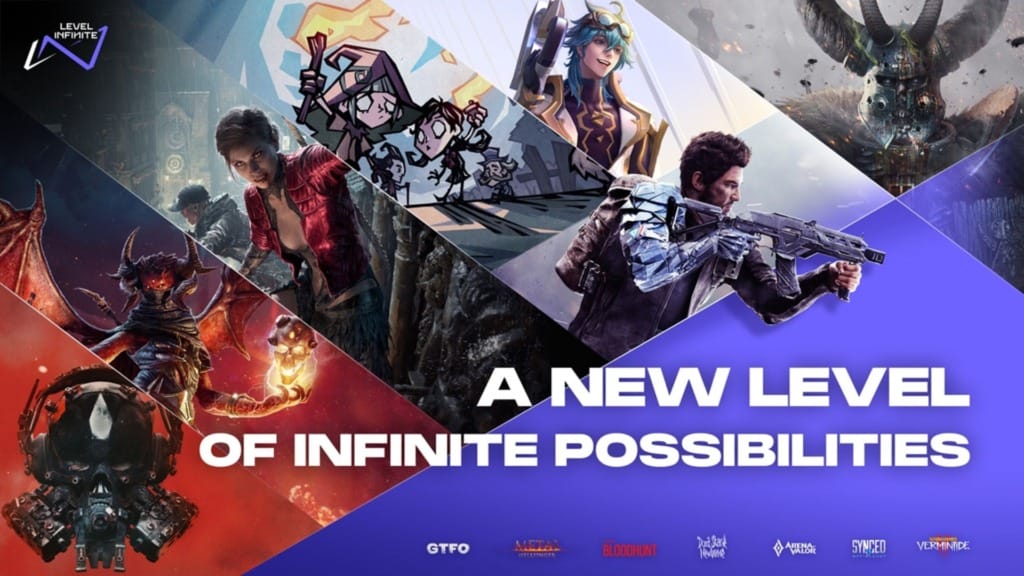China greenlights 109 video games in September, including a mystery Tencent project
China approved 109 video games in September, including a mysterious Tencent title, while Black Myth continues to boost global interest.

In September, China approved 109 new video games for domestic release, continuing its trend of over 100 monthly approvals for 2024. Among these approvals is a mysterious title from Tencent Holdings, keeping the country’s gaming industry in the spotlight. This comes just a month after the release of Black Myth: Wukong, a blockbuster game that has caught global attention.
Table Of Content
The National Press and Publication Administration (NPPA) issued the licenses for these games, showing the Chinese government’s renewed support for the video game sector. This push is part of an effort to boost the industry following a slump after regulatory crackdowns in 2021. On average, 107 games per month have been approved in 2024, highlighting a steady recovery.
Tencent’s mysterious new game: ‘Shou’

The standout from this batch of approvals is Shou, a new mobile game from Tencent, China’s largest video game company by revenue. Despite making it onto the list, little is known about this game. The title, which translates to “hunting” in Chinese, has been shrouded in mystery. Tencent has yet to reveal any significant details regarding its genre or how far along the development process is.
Aside from Shou, other notable titles approved in September include Over Field, a role-playing game from NetEase, China’s second-largest video game company. Additionally, Jianxiaqingyuan Ling from Seasun Games, a subsidiary of Kingsoft, and Maoxianzouelong, a mobile game developed by Guangzhou-based 37Games, were given the green light.
While September saw a high number of approved games, it was slightly fewer than the 117 games approved in August, which was the highest number this year.
The success of Black Myth: Wukong shines a global spotlight on China’s gaming industry

China’s video gaming industry, valued at US$45 billion, has been drawing global attention since the release of Black Myth: Wukong on August 20. Developed by Game Science, a Tencent-backed studio based in Hangzhou, the game is widely considered to be China’s first AAA game. What makes Black Myth stand out is that it follows a single-purchase model, unlike many Chinese games that rely on in-game purchases to generate revenue.
The game is inspired by the classic 16th-century novel Journey to the West and has received overwhelmingly positive reviews worldwide. This is seen as a major success for China’s ambitions to export its culture through video games. In August, revenue from China’s video gaming sector increased by 21%, according to the Gaming Publishing Committee of the China Audio-Video and Digital Publishing Association. Black Myth has continued to perform well, selling over 20 million units across PC and PlayStation 5.
The success of this game has led to renewed discussions about China’s strict video game regulations, which were introduced in 2021 to limit the time minors could spend playing games. Analysts, such as Zhang Shule from CBJ Think Tank, believe that the positive reception of Black Myth could encourage the government to loosen these regulations slightly, particularly to support the development of more AAA titles in the country.
NPPA continues to steady approval pace
As of September, the NPPA has granted licenses to 959 domestic video games in 2024, making it likely that the total will surpass last year’s count of 977. This represents a strong comeback for the gaming industry, which only saw 468 games approved in 2022, following a freeze in the licensing process that lasted eight months.
With international successes like Black Myth, China is positioning itself as a growing force in the global gaming industry, and there is increasing optimism that the country’s top developers will produce more high-quality games for the world to enjoy.















